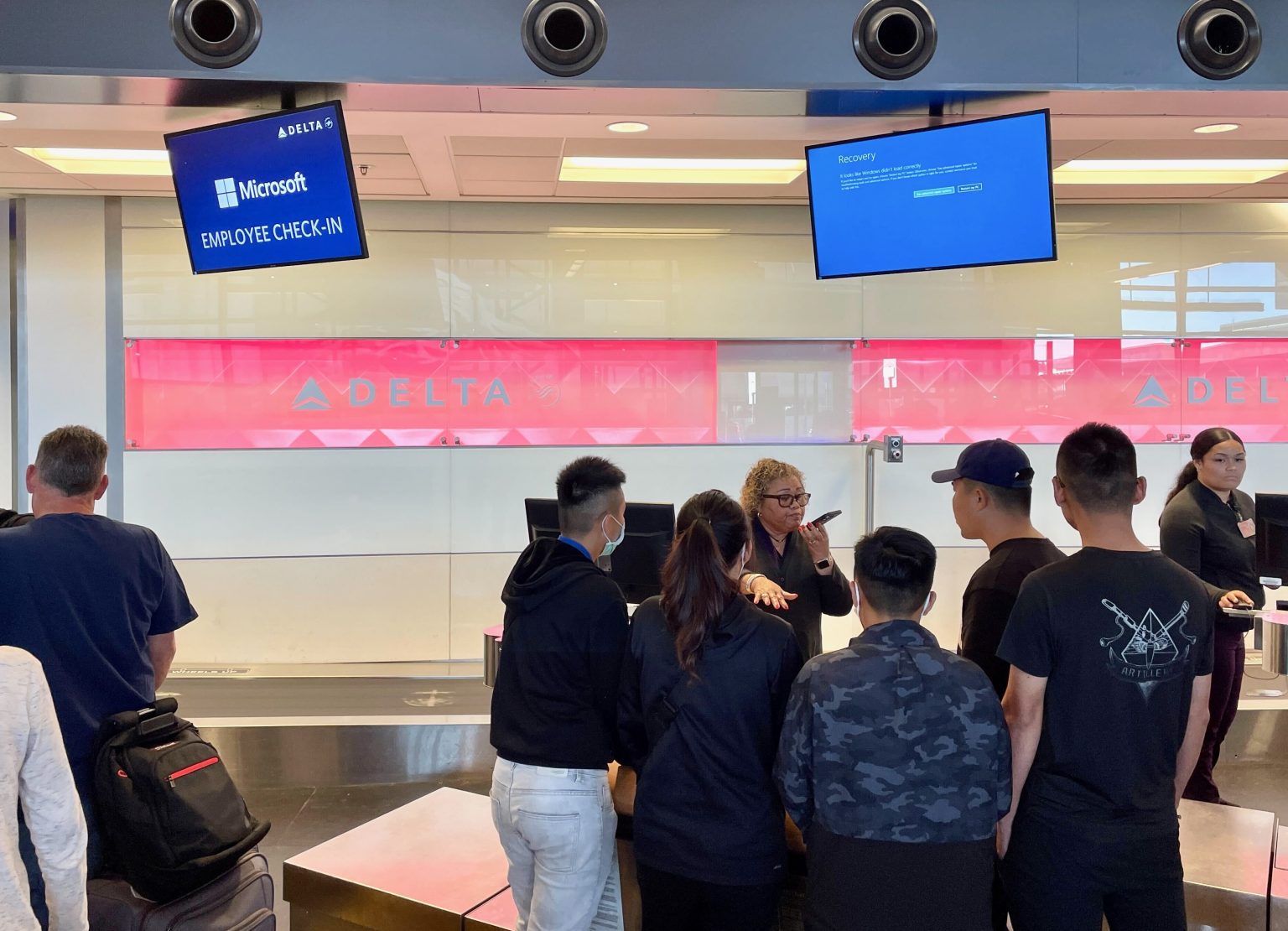The article discusses the recent CrowdStrike disaster and its impact on Delta Airlines, highlighting the issue of single points of failure in digital systems. The author criticizes Delta’s lack of a reliable backup plan, attributing it to the high cost of maintaining and updating such a plan, which many corporations are reluctant to invest in without regulatory pressure. The Fukushima nuclear power plant disaster serves as a cautionary tale of the consequences of inadequate backup plans, demonstrating how multiple failures can lead to a catastrophic event cascade.
The author emphasizes the importance of preparing for unforeseen events, noting that while it is impossible to plan for every contingency, issues like a bad software update should not be unexpected. The limited resources available for investing in backup plans and the challenges of training employees to respond effectively to emergencies further complicate the issue. Without proper planning and training, companies risk being unable to address critical problems when they arise, as seen in Delta’s response to the CrowdStrike outage.
Looking ahead, the author questions the potential fallout from the CrowdStrike incident and whether it will prompt companies to improve their backup plans. While some immediate consequences, such as stock price fluctuations and financial losses for Delta, are likely, the author doubts that these will lead to significant changes without external pressure. The lack of genuine competition in industries like airlines limits consumer choice and accountability, making it difficult for companies to prioritize disaster preparedness.
Ultimately, the author argues that without political will to address the systemic issues related to backup plans and digital infrastructure, future disasters are inevitable. The prevalence of single points of failure in critical systems poses a persistent risk to businesses and consumers alike, highlighting the need for regulatory intervention to ensure adequate backup measures are in place. As technology continues to advance and reliance on digital systems grows, proactive planning and investment in resilient infrastructure are crucial to mitigating the impact of potential disruptions.


